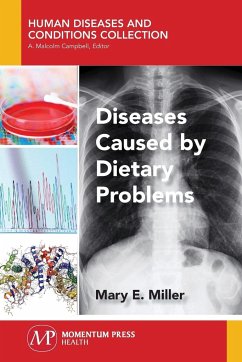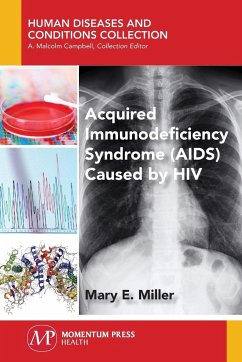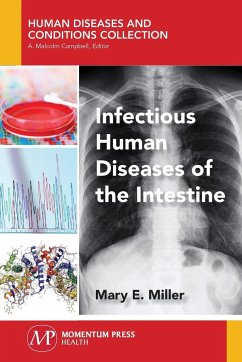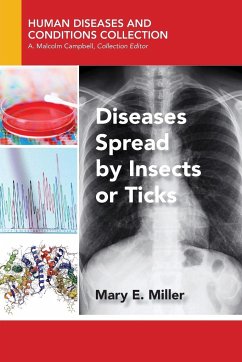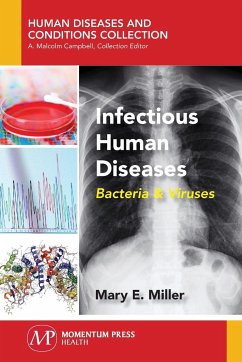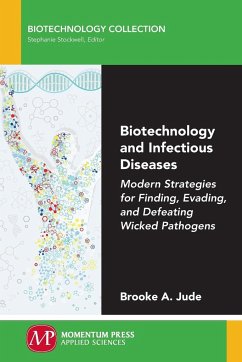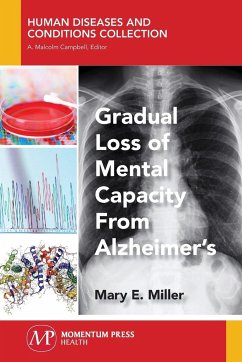The importance of meeting the dietary needs of individuals is critical for good health. This requires educating individuals so that they understand how to best obtain important nutrients and that quality foods rich in these nutrients are accessible to the increasing world population. Many diseases can arise from nutrient deficiencies and toxicities, including rickets, scurvy, and spina bifida, resulting from deficiencies in vitamins D, C, and B, respectively. It is also possible to ingest materials in the diet that can cause disease, such as lead, which results in lead poisoning. In each case, the imbalance of appropriate nutrients leads to an imbalance of vitamin and minerals, causing defects in critical enzyme function in the body. In some cases, the uptake of nutrients is healthy, but the body is unable to breakdown or utilize the nutrients. In each of these instances, disease initiation or progression is preventable through control of diet. Symptoms will be discussed as they impact normal cellular and organ function in the body and are related to nutrient availability. This book will evaluate the prospects for improved preventative approaches and treatments for established diseases and will conclude with a summary and points toward future prevention of these diseases.

